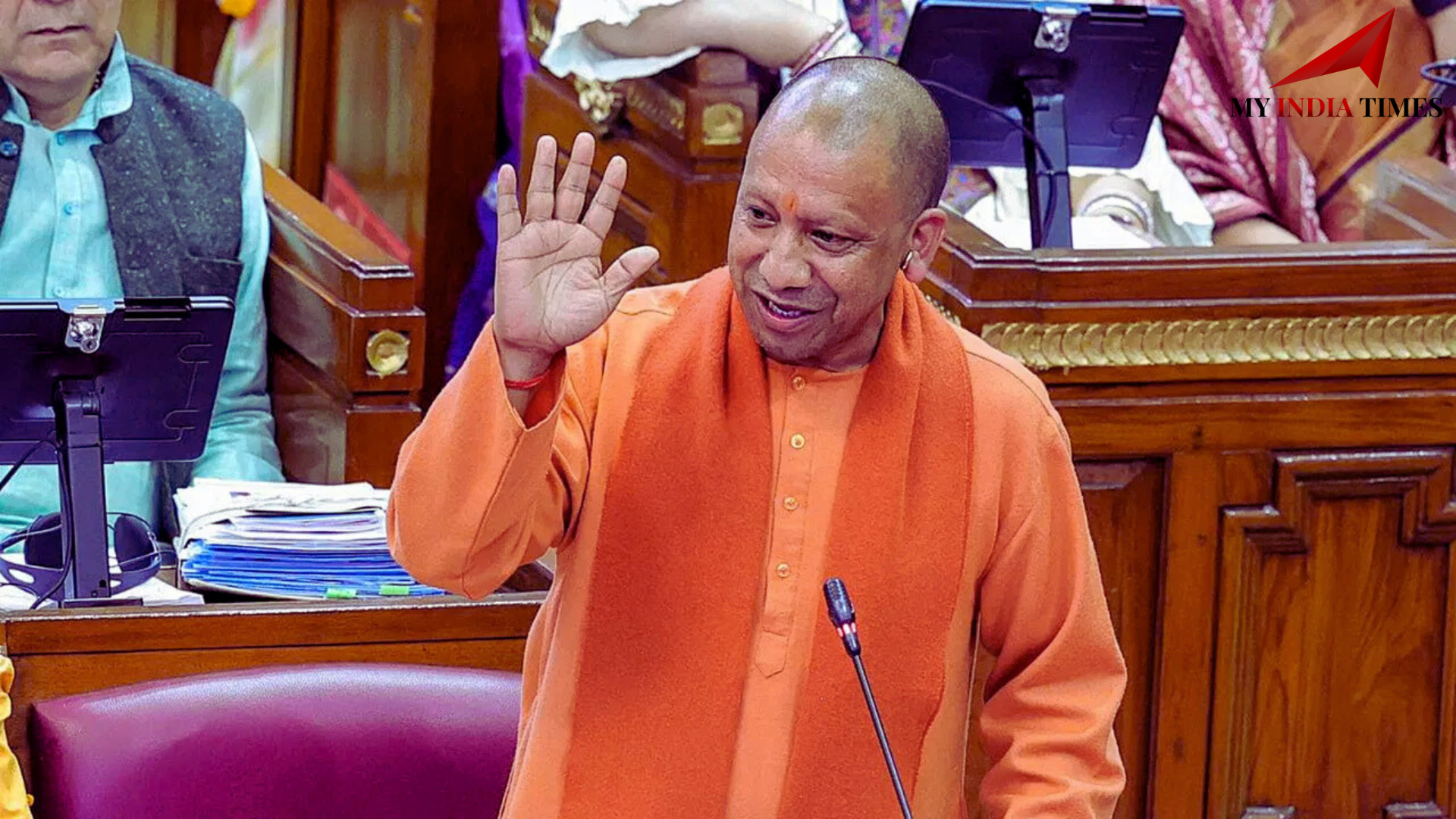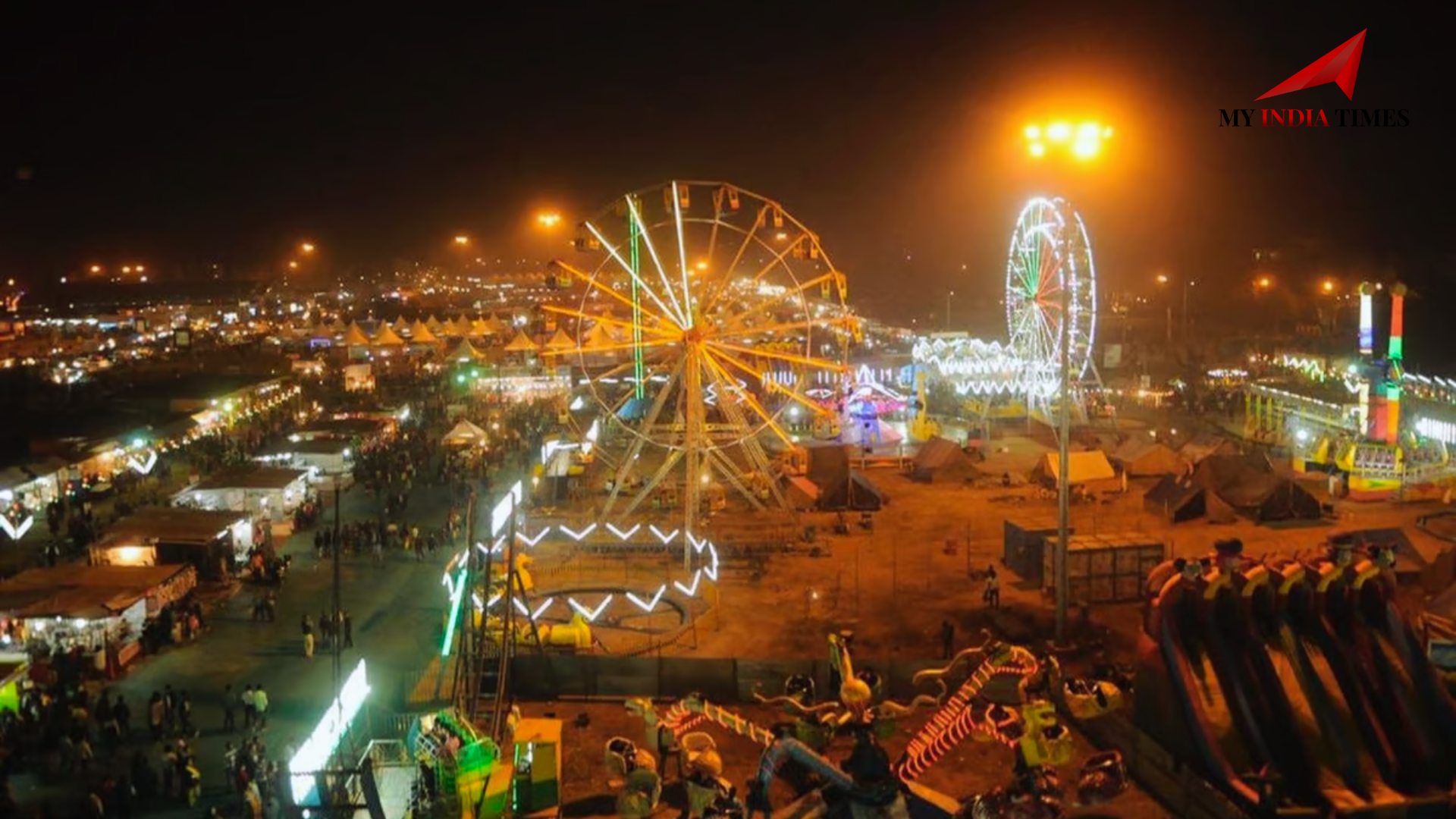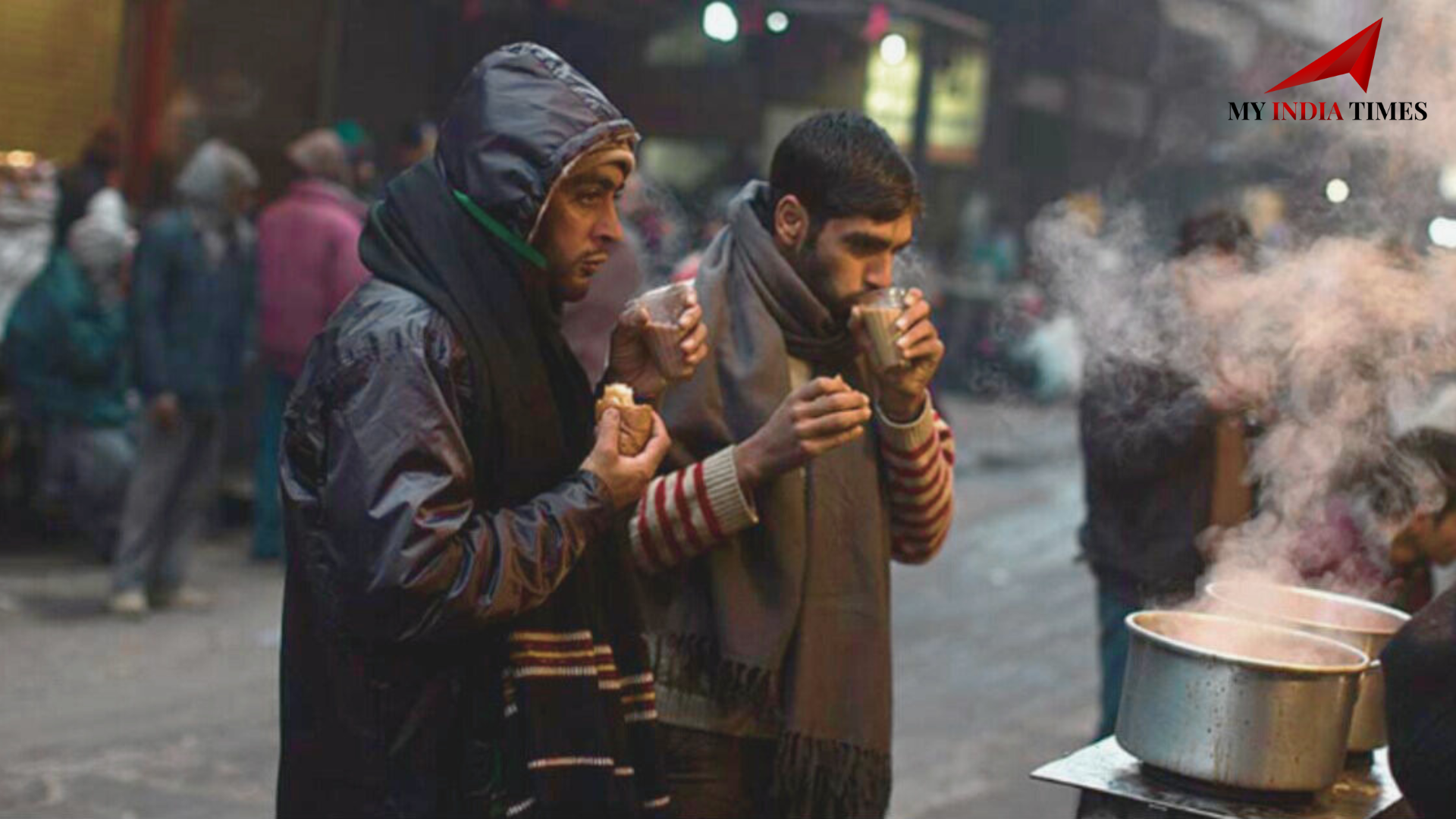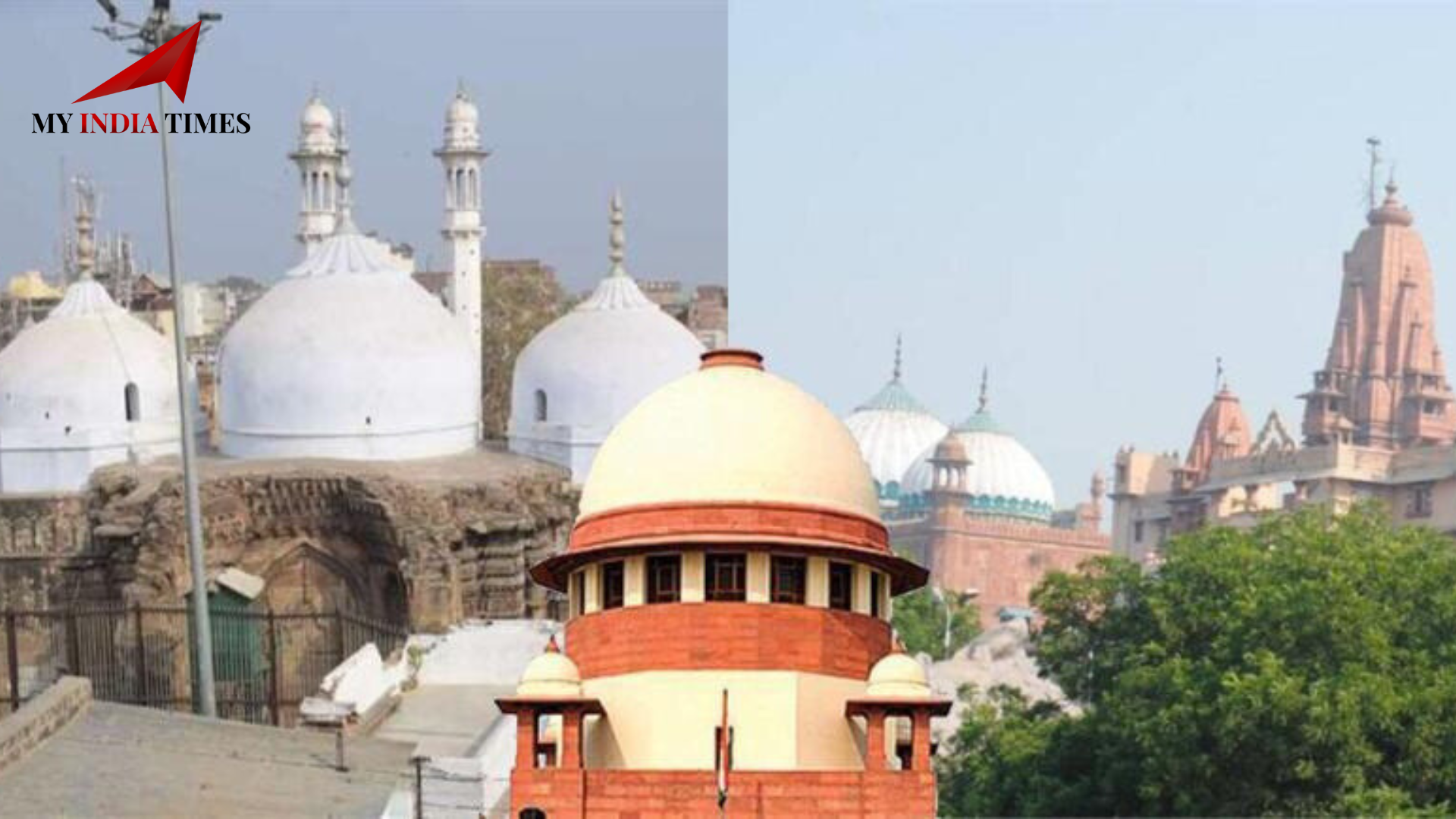Pahalgam Terror Attack: Lucknow Professor's Shocking Video Sparks Nationwide Outrage
The recent terror attack in Pahalgam, Jammu and Kashmir, has left the entire nation heartbroken and furious. Terrorists targeted innocent civilians, reportedly asking for their names before opening fire. One person lost their life while several others were seriously injured, including tourists who had come to enjoy the scenic beauty of Kashmir. That tragic event really stirred up a lot of anger across the country, with protests breaking out in different parts of India, all demanding tough action against terrorism. The Indian Army has responded by beefing up security in the area and launching big search operations to find the terrorists responsible.
Lucknow Professor’s Controversial Video Sparks Outrage
Amidst the wave of mourning and outrage, a new controversy has emerged that has taken social media by storm. Dr. Madri Kakoti, who teaches at Lucknow University, recently shared a video that sparked a lot of debates all over the country. In her clip, she mentioned that asking someone about their religion before harming them is a form of terrorism. She also pointed out that lynching people because of their religion, denying them jobs or homes, or even demolishing their property are also acts of terror. She called on everyone to 'spot the real terrorists.' While her comments touched on big societal issues, they came at a sensitive time when the country was still mourning a deadly terror attack. Many people felt that she was trying to downplay how serious terrorism really is, and her post quickly faced a lot of backlash from the public.
Viral Video Fuels Cross-Border Tensions
The video quickly went viral, not just in India but also across Pakistan. Several Pakistani media outlets picked up her statement and used it to suggest that even in India, people were unhappy with how terrorism and communal issues were being handled. This only made the Indian audience more angry, with many accusing Dr. Kakoti of providing propaganda material to hostile forces at a sensitive time. Many believe that such statements, when misused internationally, end up harming the nation’s image and weakening the morale of the people.
Student Protests at Lucknow University
In Lucknow University itself, the backlash was immediate. Students staged protests on campus demanding action against Dr. Kakoti. Several student organizations called her remarks irresponsible and insensitive to the victims of terrorism. They argued that as an educator and public figure, she had a greater responsibility to act wisely, especially when emotions across the country were running high. Although the university administration has so far remained silent, sources suggest that an internal inquiry might be underway and disciplinary action could follow.
Indian Security Forces on High Alert
Meanwhile, the security forces have intensified their operations in Jammu and Kashmir. They have released sketches of the suspected terrorists and are combing through forests and villages to locate them. Drone surveillance and helicopter searches have been intensified to ensure no stone is left unturned. The Indian Army and paramilitary forces are working round the clock to prevent any further terror activity in the region. Experts have pointed out that the aim of such attacks is not just to cause casualties but to disrupt peace and create an atmosphere of fear.
Debate Over Free Speech and National Responsibility
The controversy around Dr. Kakoti’s statement has once again triggered a larger debate on freedom of speech versus national responsibility. In a democracy like India, everyone has the right to express their opinions. However, critics argue that freedom of expression should come with a sense of timing, empathy, and national interest, especially when the country is facing attacks from external enemies. They believe that while social issues should be discussed, using a terror attack as a backdrop to highlight them may not only be insensitive but also harmful. Supporters of Dr. Kakoti, however, insist that it is important to speak about all forms of violence and injustice, even if it makes people uncomfortable.








